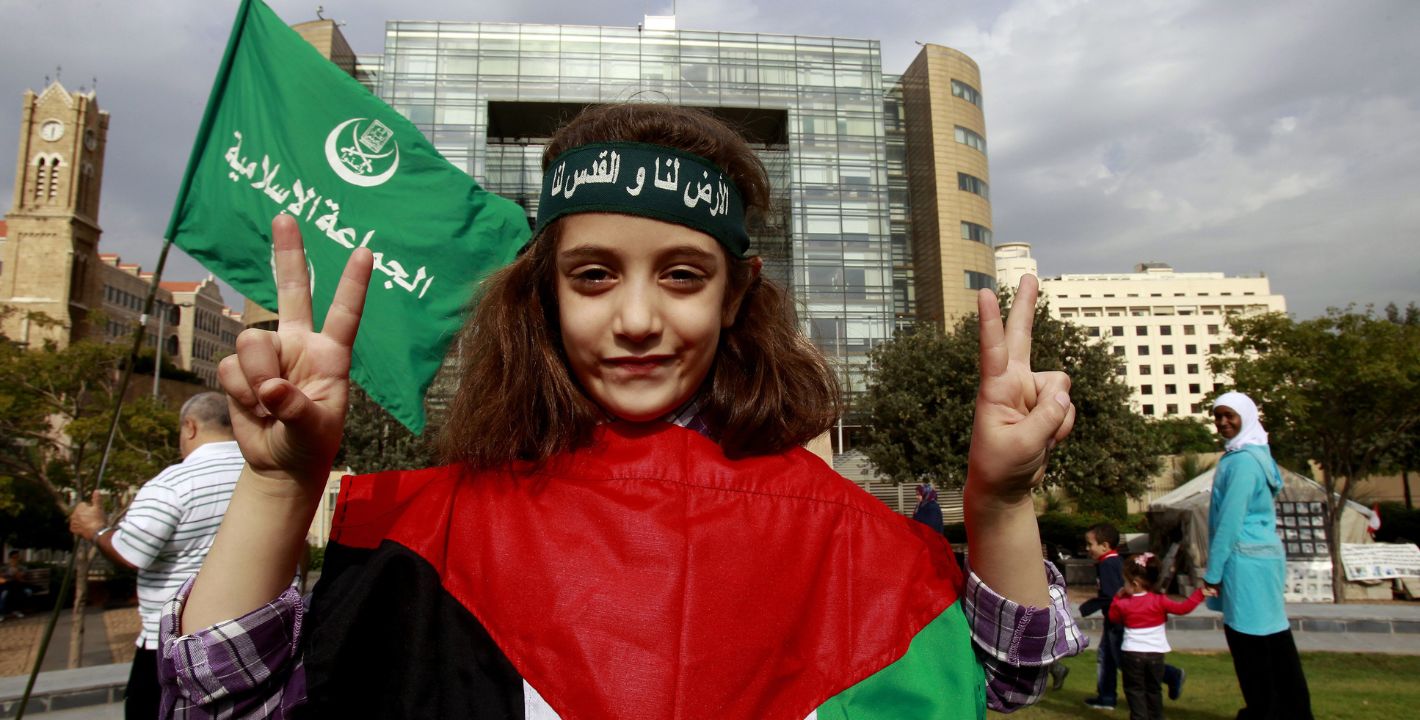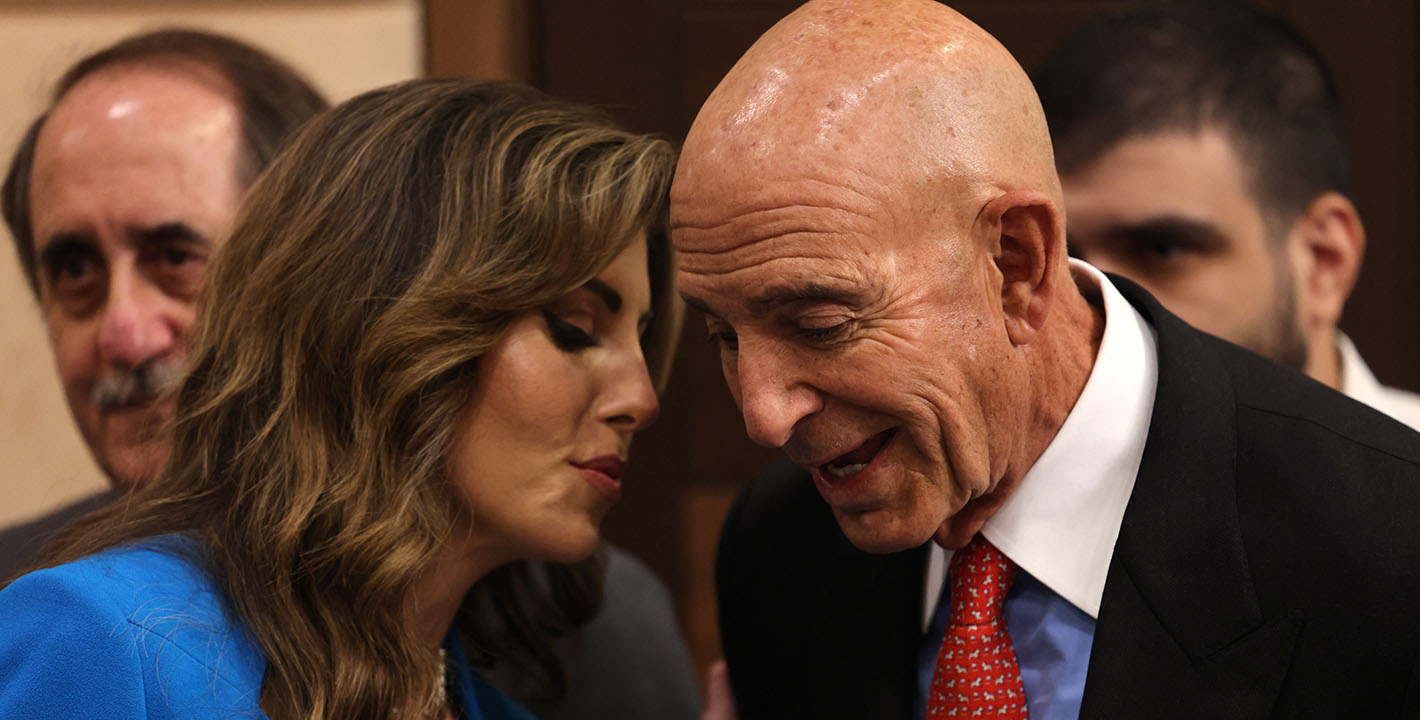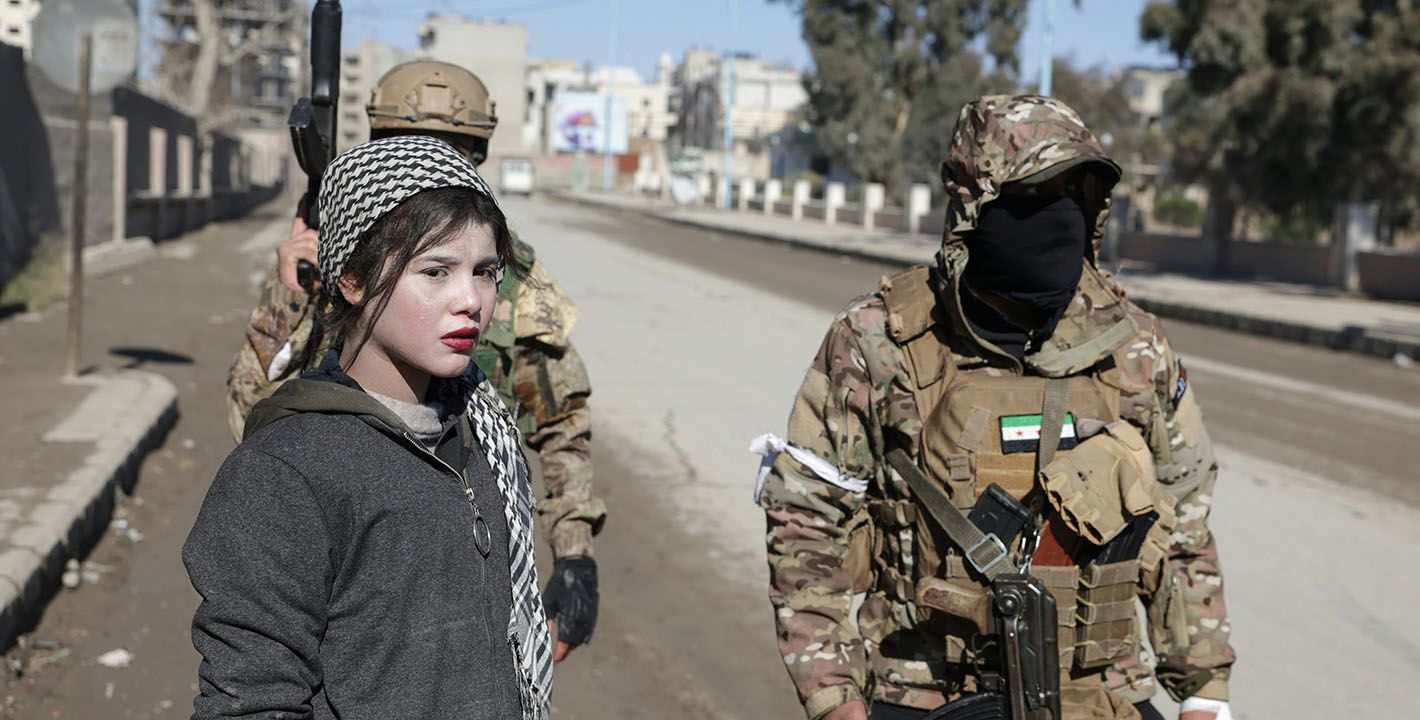Mohanad Hage Ali
{
"authors": [
"Mohanad Hage Ali"
],
"type": "commentary",
"blog": "Diwan",
"centerAffiliationAll": "dc",
"centers": [
"Carnegie Endowment for International Peace",
"Malcolm H. Kerr Carnegie Middle East Center"
],
"collections": [
"Decoding Lebanon"
],
"englishNewsletterAll": "menaTransitions",
"nonEnglishNewsletterAll": "",
"primaryCenter": "Malcolm H. Kerr Carnegie Middle East Center",
"programAffiliation": "MEP",
"programs": [
"Middle East"
],
"projects": [],
"regions": [
"Levant",
"Lebanon",
"Middle East"
],
"topics": [
"Political Reform"
]
}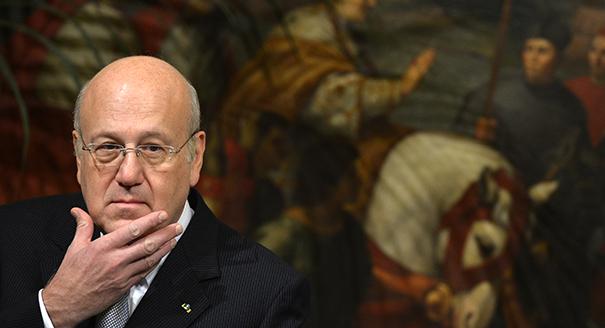
Source: Getty
Why Mikati May Be Wasting His Time
Few observers expect a new Lebanese government soon, but the prime minister-designate remains hopeful ... publicly.
After binding parliamentary consultations to choose Lebanon’s next prime minister, on June 23 Najib Mikati was once again tasked with forming a government. He currently heads a caretaker government, as, constitutionally, his government resigned following the country’s recent parliamentary elections. However, in the consultations, Mikati received the fewest number of votes than any other candidate for prime minister since 1990. Yet he submitted a government lineup on June 30, and remains hopeful—publicly rather than privately—about soon forming a new government, whose main task will be to govern during the period leading up to the presidential election in fall.
The government formation process in Lebanon has become an arduous task, often taking many months in a deeply divided country. Mikati is hoping to avoid headaches by making a few changes to his caretaker government. However, if we are to judge by previous efforts, unless President Michel Aoun facilitates the formation process by not prioritizing the interests of his son in law Gebran Bassil, any hope for a quick conclusion is unrealistic, for several reasons.
First, the next government will be in place only until a new government is formed after the presidential election. Therefore, the impetus to form a government is less pressing than it would normally be, given the fact that the caretaker government can continue to manage affairs in this relatively short interim.
Second, while a new government would only last a few months if it is formed quickly, it would assume presidential powers after the end of President Michel Aoun’s term if there is no agreement on a successor. For the moment, the absence of such an agreement is highly probable. That is why Bassil regards his party’s role in the next government as a potentially important source of leverage that could allow him to succeed Aoun, or significantly determine the choice of a successor. Therefore, negotiations are bound to be very tough.
Mikati, a seasoned politician, is aware of this reality, and will negotiate hard to weaken Bassil in any new cabinet. Bassil, in turn, did not back Mikati in the consultations to name a prime minister, and will seek to block the government formation process if he doesn’t get what he wants out of the government. Judging from previous behavior, Bassil, backed by Aoun, could stall the process to secure his demands, amid deteriorating economic and financial conditions in the country. As president, Aoun must sign decrees approving new governments, so he might try to alter Mikati’s choices of ministers by refusing to sign if Bassil is unhappy.
Third, the next government will face hard choices, mostly in response to negotiations with the International Monetary Fund (IMF) to help Lebanon out of its economic crisis. These include unifying exchange rates and limiting the central bank’s monetary interventions in the economy. According to the staff-level agreement Lebanon signed with the IMF last April, the central bank must “focus on rebuilding its foreign currency reserves and maintaining a single market-determined exchange rate, which will help the functioning of the financial sector.”
However, today the central bank continues to intervene in markets, with more than $2 billion dollars spent in the past six months, according to the bank’s governor, Riad Salameh. Ending the intervention will be politically costly, as the value of the Lebanese pound is likely to decline further, which will provoke considerable popular displeasure. That is why many political parties, including those with a stake in the upcoming presidential election, might be interested in remaining outside the government. This could reduce pressure to form one as soon as possible.
At the same time, one of Bassil’s priorities appears to be to condition his participation in the government on Mikati’s agreement to remove Salameh from his post. Bassil has accused Salameh of allowing the pound’s value to decline in order to discredit Aoun. Moreover, he has used his campaign against Salameh, who is seen by many people as the protector of a corrupt financial system that precipitated Lebanon’s economic collapse, to enhance his own presidential bona fides. Salameh, in turn, has argued that the judicial investigation against him by a judge close to Aoun and Bassil is politically motivated. Salameh’s fate has deeply divided the political class, which will also undermine a consensus over a new government.
Finally, the impetus of the political forces to form a government quickly might be reduced as all sides await greater clarity at the regional level, where the situation could shift. There have been reports that Saudi-Iranian talks are to resume in Doha, and there is a new push to revive the Joint Comprehensive Plan of Action, the nuclear deal with Iran, following European Union foreign policy chief Josep Borrel’s visit to Tehran this month. If these negotiations succeed, local Lebanese dynamics may be positively affected by the calming of regional tensions, which could facilitate the election of a president. However, all this takes time, which only encourages the political actors in Lebanon to adopt a wait-and-see attitude.
A regional deal would represent a crucial moment for Lebanon. The country’s consensus-based political system has long been affected by ties among the major regional actors. When the region is divided, the negative repercussions are felt in Lebanon; and when there is relative regional harmony, the Lebanese parties tend to fall into line. This time around a regional deal is more important than ever, as Lebanon’s political forces struggle with IMF demands for politically costly reforms. Some measure of regional support could mitigate the impact of such reforms, and help alleviate socioeconomic discontent.
Perhaps all for these reasons, there is an ongoing debate over whether it might not be best to keep Mikati’s caretaker government in place, and even reactivate its role for when Aoun’s term ends. The most likely point of contention is that Mikati will remain unable to implement necessary reforms in the electricity sector, as Bassil continues to dominate the vital Energy Ministry. He will want to use his influence over the ministry to secure his political objectives, but also to keep his hand in the lucrative oil and gas file, at a time when the United States is mediating between Lebanon and Israel to reach an agreement over contested offshore oil and gas fields.
All this makes the formation of a government within a short period of time not only difficult, but also improbable. The presidential election is now the priority, and the outcome will depend to a large extent on the results of regional talks. Until these are clarified, Lebanon will remain in a holding pattern.
About the Author
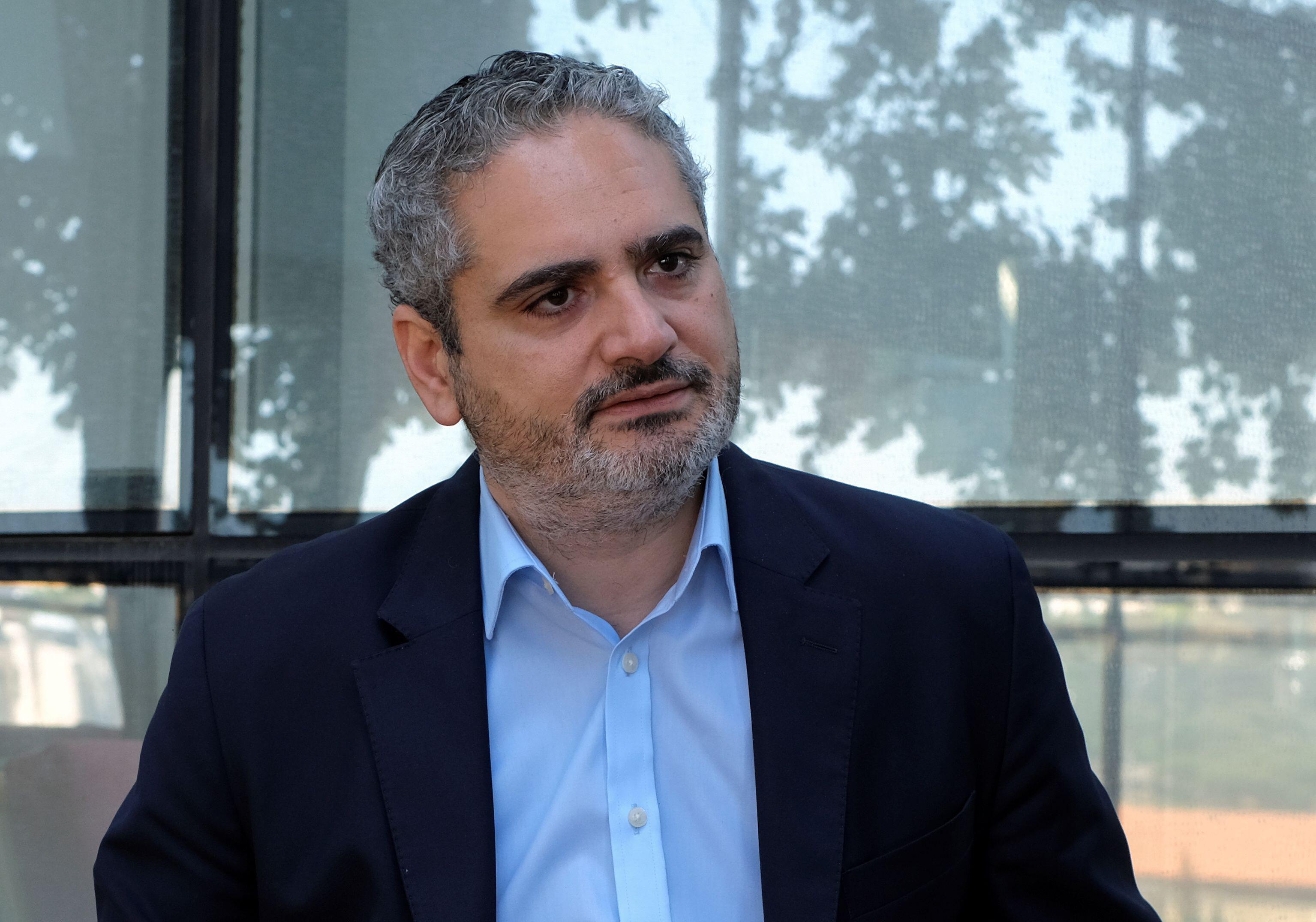
Deputy Director for Research, Malcolm H. Kerr Carnegie Middle East Center
Mohanad Hage Ali is the deputy director for research at the Malcolm H. Kerr Carnegie Middle East Center.
- Is Türkiye Lebanon’s New Iran?Commentary
- An Automated Occupation in South LebanonCommentary
Mohanad Hage Ali, Mohamad Najem
Recent Work
Carnegie does not take institutional positions on public policy issues; the views represented herein are those of the author(s) and do not necessarily reflect the views of Carnegie, its staff, or its trustees.
More Work from Diwan
- Axis of Resistance or Suicide?Commentary
As Iran defends its interests in the region and its regime’s survival, it may push Hezbollah into the abyss.
Michael Young
- The Jamaa al-Islamiyya at a CrossroadsCommentary
The organization is under U.S. sanctions, caught between a need to change and a refusal to do so.
Mohamad Fawaz
- Kurdish Nationalism Rears its Head in SyriaCommentary
A recent offensive by Damascus and the Kurds’ abandonment by Arab allies have left a sense of betrayal.
Wladimir van Wilgenburg
- A Mechanism of CoercionCommentary
Israeli-Lebanese talks have stalled, and the reason is that the United States and Israel want to impose normalization.
Michael Young
- All Eyes on Southern SyriaCommentary
The government’s gains in the northwest will have an echo nationally, but will they alter Israeli calculations?
Armenak Tokmajyan



